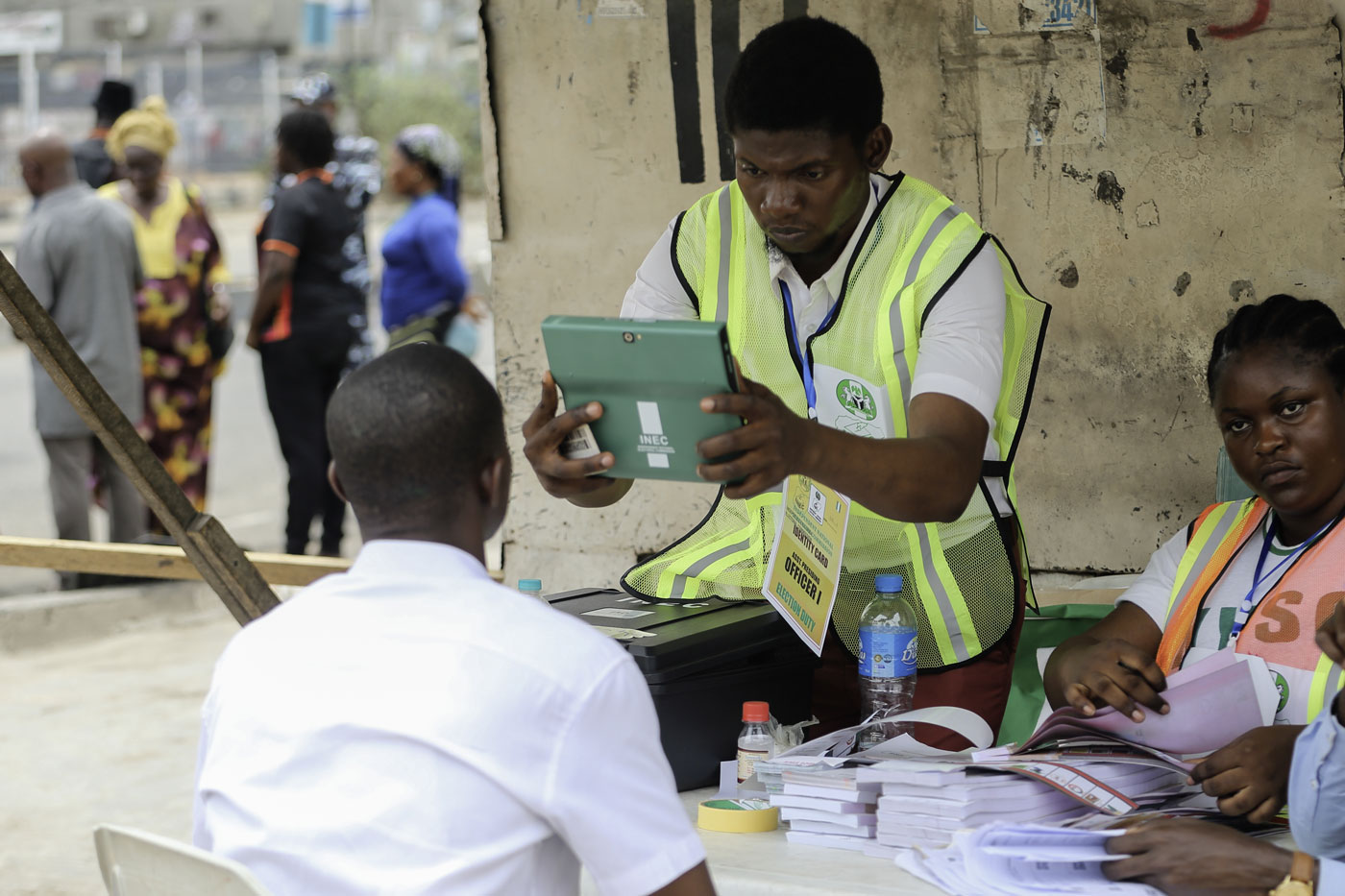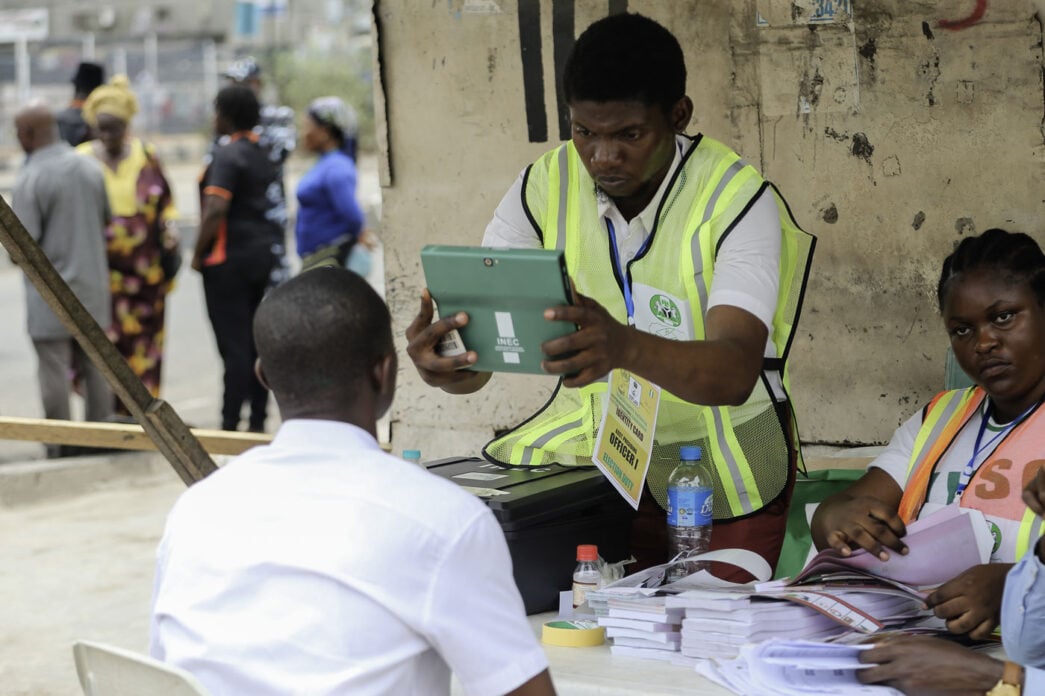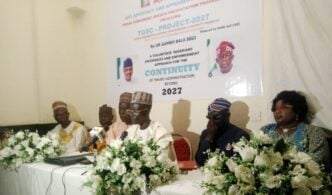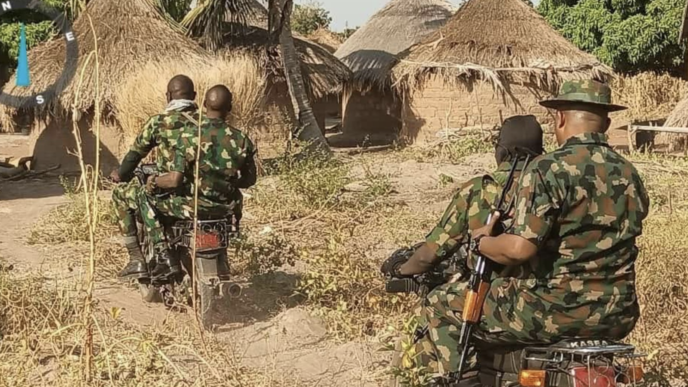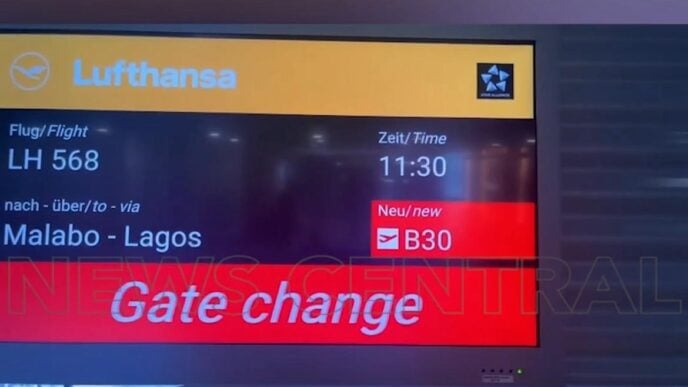The Peering Advocacy and Advancement Centre in Africa (PAACA) has called on key electoral stakeholders to intensify efforts in educating citizens on the reforms introduced by the Independent National Electoral Commission (INEC) ahead of the 2027 general election.
Speaking at a citizens’ town hall meeting on electoral reform in Owerri, Imo state capital, Ezenwa Nwagwu, PAACA’s executive director, identified voter ignorance as a major barrier to credible elections in Nigeria.
He warned that lack of knowledge about electoral laws and processes leaves voters vulnerable to manipulation by political actors.
“We must stop treating civic knowledge as optional. People can’t defend their votes if they don’t understand the rules or how results are transmitted,” Nwagwu said.
Advertisement
“Technology alone won’t save our democracy — we need informed participation.”
He said key innovations such as the Biometric Voter Accreditation System (BVAS) and the INEC Result Viewing (IREV) portal are designed to enhance transparency and reduce rigging.
Nwagwu also criticised political parties for deploying untrained polling agents who abandon their duties mid-election and later blame INEC for irregularities.
Advertisement
Oparaugo Chimezirim, Imo state director of the National Orientation Agency (NOA), reaffirmed the agency’s commitment to continuous voter education and civic engagement as essential for Nigeria’s democratic growth.
Security agencies including the Nigeria Security and Civil Defence Corps (NSCDC) and the Nigeria Police Force echoed calls for collaboration and reform to enhance electoral credibility and reduce violence.

